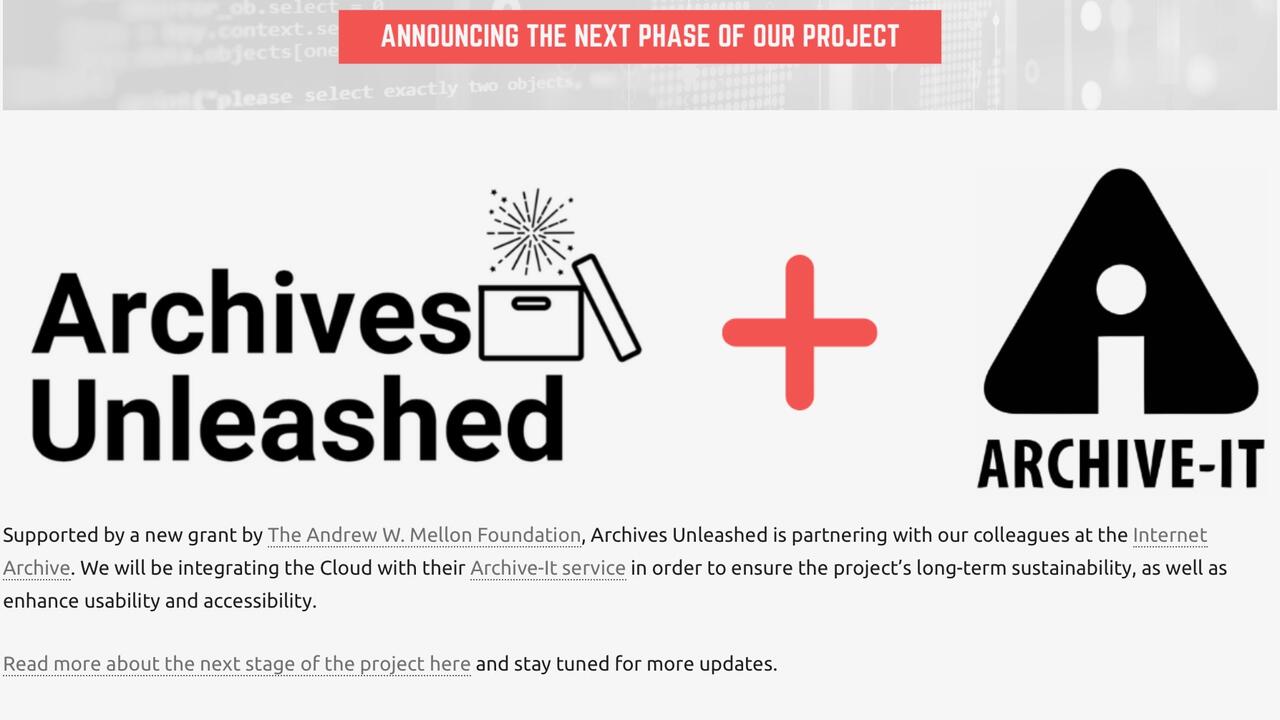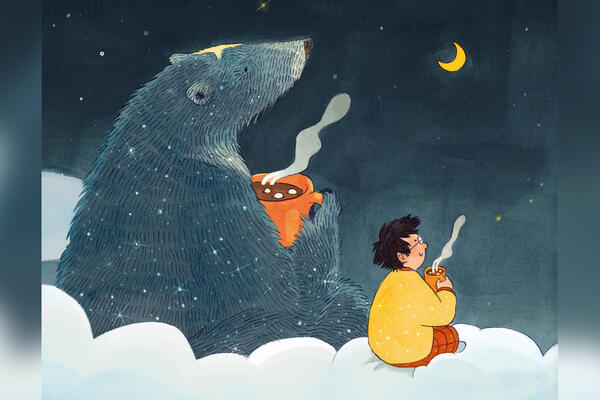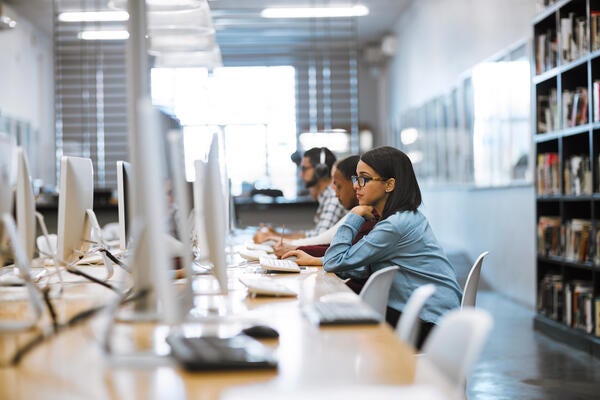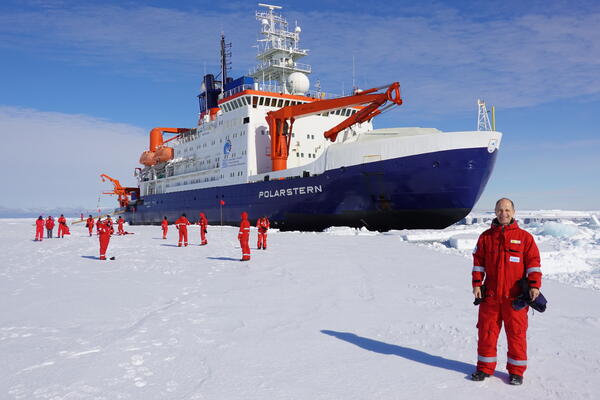When the global pandemic was declared, people immediately began to turn to historians of the Spanish flu of 1918 to understand and learn from those experiences.
How will the world learn about the COVID-19 pandemic?
History Professor Ian Milligan, who specializes in digital records, explains why it’s so important to archive our online world, and what it will mean for future scholars.
Why is preserving the digital history of the pandemic so important?
As we all live through 2020, it seems like a historic moment: between the COVID-19 pandemic, and ongoing protests on a nearly unprecedented scale against racism and police brutality around the world, every day seems to bring new and occasionally overwhelming torrents of information.
Most of us learn of this through digital media: we refresh social media streams, laugh at memes, “doomscroll” our way through ever-refreshing pages at night, check the COVID-19 case counts every morning, and – for others – have seen our work, teaching, and socialization shifted to digital platforms.
What will our children (or even us in a decade or two) remember of these events? What sources will they use? To ensure that future generations understand what 2020 was like, we need to preserve a comprehensive digital record of what’s around us.
How do we, as a society, undertake this huge project? Are individuals responsible for helping?
Individuals can certainly help! If you see something online that you think should be preserved, provide the address to the Internet Archive by visiting https://archive.org/web/ and pasting it into the “Save Page Now” box. That will preserve a “snapshot” of the page. Next time you see an insightful meme, think about adding it!
However, this sort of individual activity is no replacement for concerted action by institutions. For example, Library and Archives Canada has been “harvesting” Twitter hashtags and is regularly collecting 900 websites. Complementing this activity is a large array of activity by other archives who are capturing local experiences (such as here at Waterloo).
Yet we need even more coordination and funding for this sort of work. Too many libraries and archives harvest these breaking digital records as an afterthought, or as part of an already over-loaded job. Our digital record is so central, as we see here in 2020, that we as a society need to invest in this capacity so that our archivists and librarians can do their job even better.
How will future scholars use this information?
The digital record that we are generating today is going to allow us to write histories that draw on millions of voices. Just imagine: a historian in twenty years could draw on tweets from people debating mask mandates or the merits of social distancing restrictions; continually-updated government websites; hundreds of thousands of photos, videos, and beyond from protests that have unfolded throughout the year.
This opportunity is balanced by the challenge of making all of this information meaningful and useful. It will require new ethical approaches, an understanding of contextual clues to distinguish genuine users from bots, as well as interdisciplinary collaboration between historians, library and information scholars and computer scientists. Indeed, since 2017, this has been a major focus of our Archives Unleashed Project; supported by The Andrew W. Mellon Foundation, we’re trying to make sure the tools are there for historians and others interested in exploring this record.
The University of Waterloo has a number of experts available for comment on various aspects of the COVID-19 pandemic, click here to see the up-to-date list.








